How to Choose a High-Defense CDN? Understand These 5 Key Metrics, and You’ll Never Be Misled Again
The high-defense CDN market is highly competitive, with significant price differences. Many people end up paying more for a service that doesn’t meet their needs. Today, the CDN07 team will break down the 5 core evaluation metrics—protection capability, acceleration performance, node distribution, usability, and billing flexibility—to help you avoid pitfalls and select a truly reliable high-defens
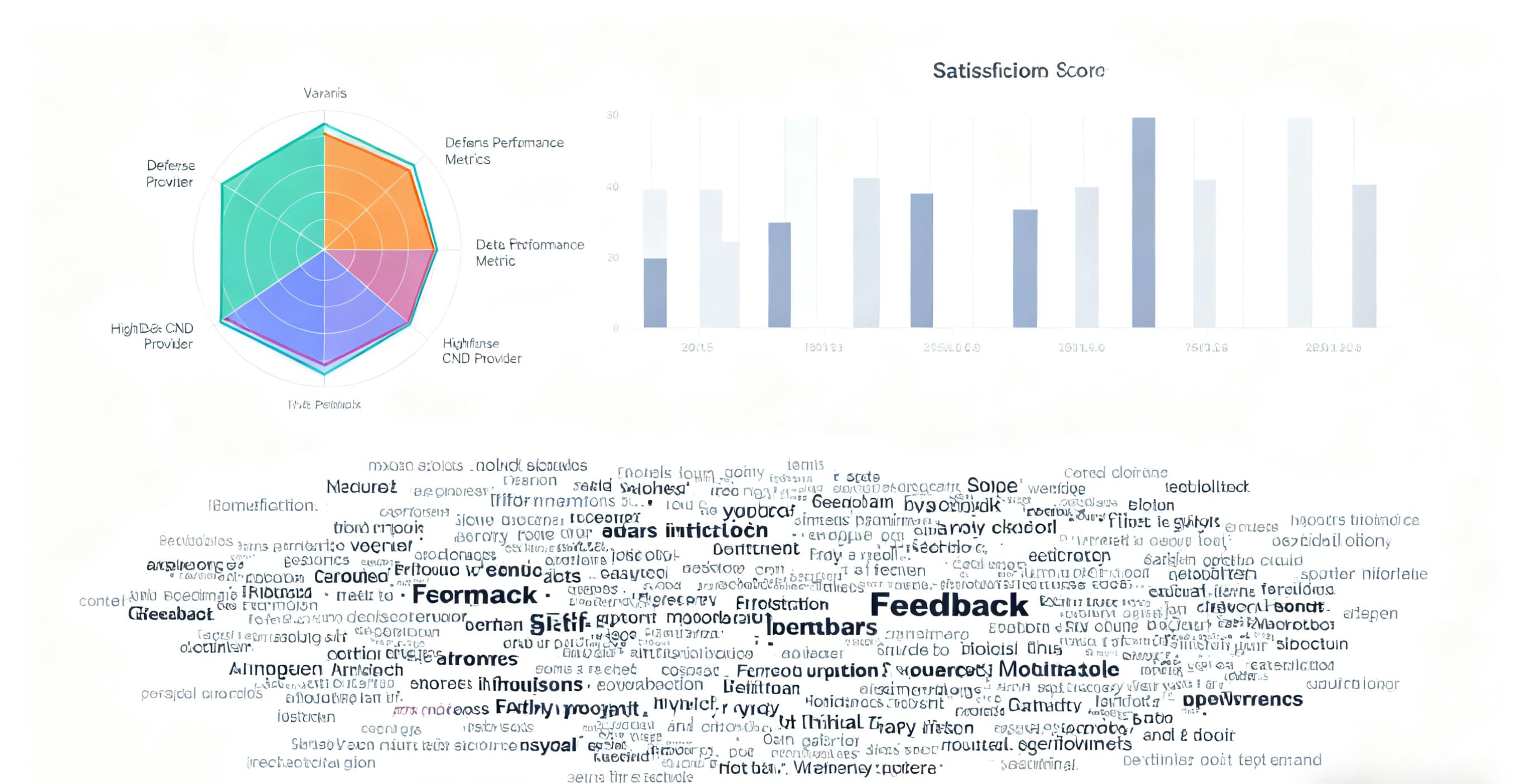
Many businesses know they "need to use a CDN" when building a website or application, but they often get confused when faced with "high-defense CDNs"—
While all claim to resist DDoS attacks and prevent intrusions, some providers charge a few hundred dollars a month, while others cost several thousand US dollars;
Some say they can defend against 1Tbps attacks, while others only state "unlimited defense";
Some users find their service "fast and stable," while others get knocked offline immediately by attacks.
Why is there such a huge difference?
The core reason is actually simple: most people don’t know which metrics to look at when choosing a high-defense CDN.
Providers often take advantage of this information gap, using vague terms and marketing jargon to "package" their services.
Today, from a security engineer’s perspective, we’ll clarify—
How to choose a high-defense CDN, which 5 metrics are the most critical, and how to interpret data to avoid being misled.
1. Metric ①: Protection Capability—"Larger Bandwidth" Doesn’t Equal Better Security
The primary function of a high-defense CDN is defending against DDoS and CC attacks, but "protection bandwidth" is just the tip of the iceberg.
What truly determines defense strength are these three factors:
1️⃣ Cleaning Architecture:
- Single-point defense (traditional): Centralized cleaning, prone to collapse when attacks are concentrated.
- Distributed cleaning (modern): Global nodes share attack traffic, combined with BGP intelligent routing for stronger resistance.
2️⃣ AI Intelligent Recognition:
Modern attacks are mostly "hybrid"—HTTP Flood, variable-speed CC, spoofed traffic, etc.
WAF systems relying solely on static rules are long outdated.
A good CDN should have an AI learning system that dynamically adjusts cleaning strategies within seconds.
3️⃣ Protection Bandwidth + Peak Response Speed:
A genuine high-defense CDN will clearly state "cleaning bandwidth (Gbps) + peak response latency (ms)."
For example, CDN07’s AI cleaning system can handle 1.5Tbps of attacks at a single node, with an average latency increase of only 8ms.
📌 Key Selection Tip:
Don’t just ask "how large of an attack can you defend against"; instead, ask:
"Is the protection distributed or single-point? Do you have AI cleaning? What is the peak response latency?"
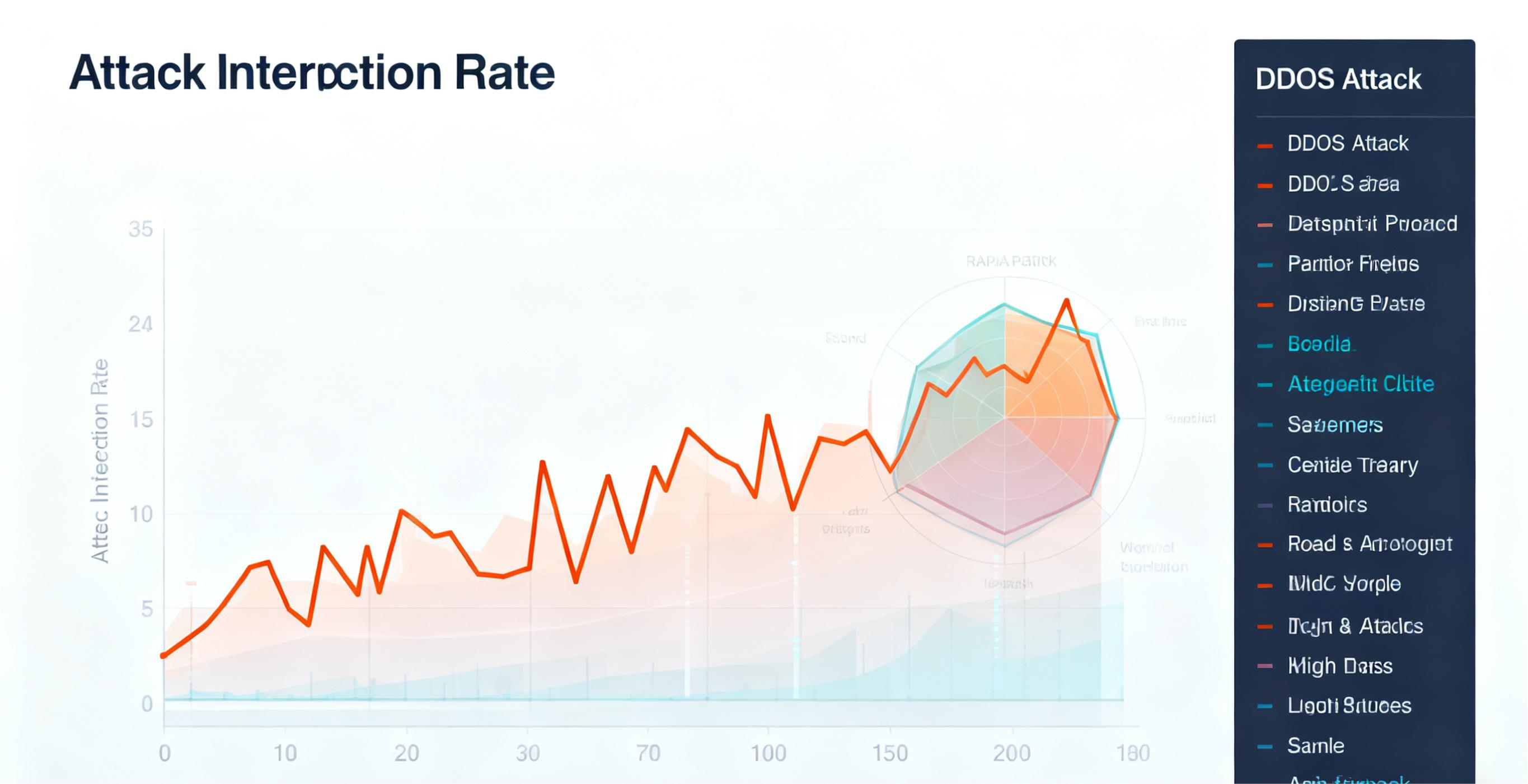
2. Metric ②: Acceleration Performance—Look at Latency, TTFB, and Hit Rate
Many people only focus on "protection" when buying a high-defense CDN and overlook "acceleration."
In reality, performance experience is key to user retention.
Focus on these three data points:
- TTFB (Time to First Byte): Ideal value < 100ms
- Cache Hit Rate: A top-tier CDN should have a rate of over 90%
- Cross-region Access Latency: Should be under 50ms in the Asia-Pacific region, and < 150ms in the US/Europe
The factors influencing these metrics are node distribution + routing algorithms.
📊 Example:
CDN07 uses global Anycast routing + intelligent DNS scheduling, with 15+ Asia-Pacific nodes deployed in Hong Kong, Tokyo, and Singapore.
Tests show that access latency for Asia-Pacific users decreased by 60%, and TTFB dropped from 500ms to 80ms.
📌 Key Selection Tip:
Ask clearly: "In which regions are your nodes located? Do you support Anycast? Can I view latency reports for each node?"
3. Metric ③: Node Coverage & Redundancy—It’s Not Just "Quantity," But "Distribution + Cleaning Centers"
Providers often advertise "we have 200 nodes," but node quantity ≠ defense strength.
What you need to focus on is:
- Whether nodes cover your target market (e.g., Southeast Asia, Europe, North America);
- Whether there are cleaning centers (not every node can clean attack traffic);
- Bandwidth redundancy (whether nodes get congested during peak hours).
📌 Example:
Some cheap CDNs have many nodes, but most are virtual machine nodes or shared IP segments, which are prone to "collateral blocking" when attacked.
In contrast, CDN07 has established physical cleaning nodes in locations like Hong Kong, Singapore, Tokyo, and Frankfurt—each node can independently clean over 600Gbps of traffic.
📌 Key Selection Tip:
Don’t just listen to "many nodes"; ask:
"How many are real cleaning nodes? In which regions are they deployed? What is the bandwidth redundancy?"
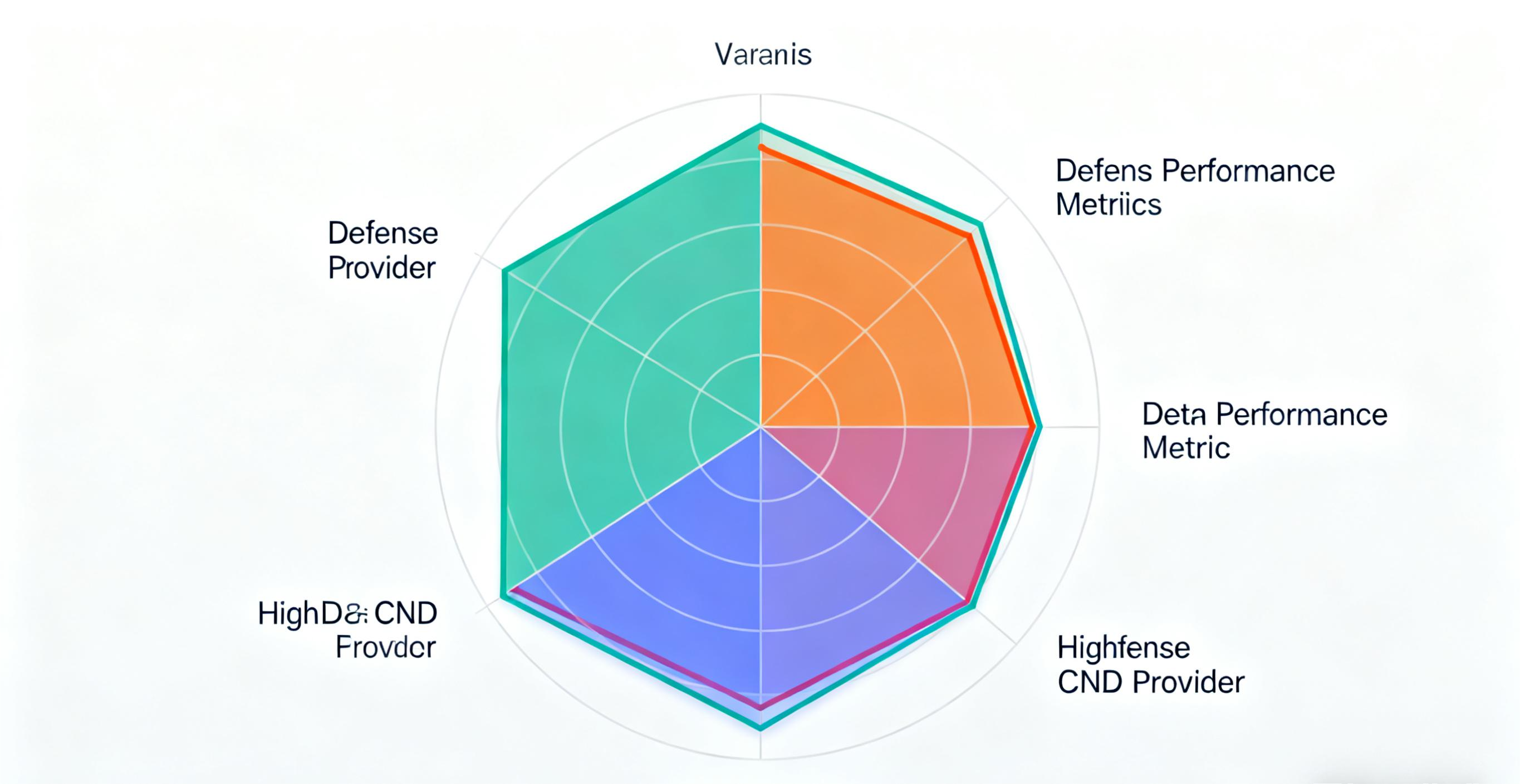
4. Metric ④: Usability & Operation Experience—Check the Console, API, and Customer Support Response
Buying a high-defense CDN isn’t the end—you still need to configure it quickly, monitor it, and respond to emergencies.
A user-friendly high-defense CDN should at least have:
- Visual Console: Real-time monitoring of traffic, attack logs, cache hits, and latency data;
- API Interfaces: Support for batch operations and automated strategy updates;
- Intelligent Alerts: Automatic notifications or strategy adjustments when an attack is triggered;
- Multilingual Customer Support: 24/7 response via email, Telegram, and tickets.
📊 Test Results:
The average response time of CDN07’s console is < 300ms,
and Chinese customer support responds within an average of 8 minutes—ideal for Asia-Pacific users’ habits.
📌 Key Selection Tip: Choose a provider that offers a full-featured console + open APIs + real-time alerts + localized customer support.
5. Metric ⑤: Payment & Billing Flexibility—USDT Support Is Critical
A common pain point for many overseas teams using Chinese CDNs is:
Restricted payment methods, slow cross-border settlements, and cumbersome credit card verification.
Top-tier international high-defense CDNs often support multiple payment options, such as:
- USDT / BTC / ETH (cryptocurrency settlements—anonymous and fast)
- Credit Card / PayPal / Bank Transfer
- Flexible Billing Models: Monthly, pay-as-you-go (by traffic), or by bandwidth
📌 Example:
As one of the few Asia-Pacific high-defense providers supporting direct USDT (ERC20/TRC20) payments,
CDN07 activates services automatically within 1 minute after payment—no cross-border procedures, no account binding required.
📌 Key Selection Tip:
If your project involves Web3, cross-border settlements, or privacy needs,
prioritize high-defense CDNs that support cryptocurrency payments.
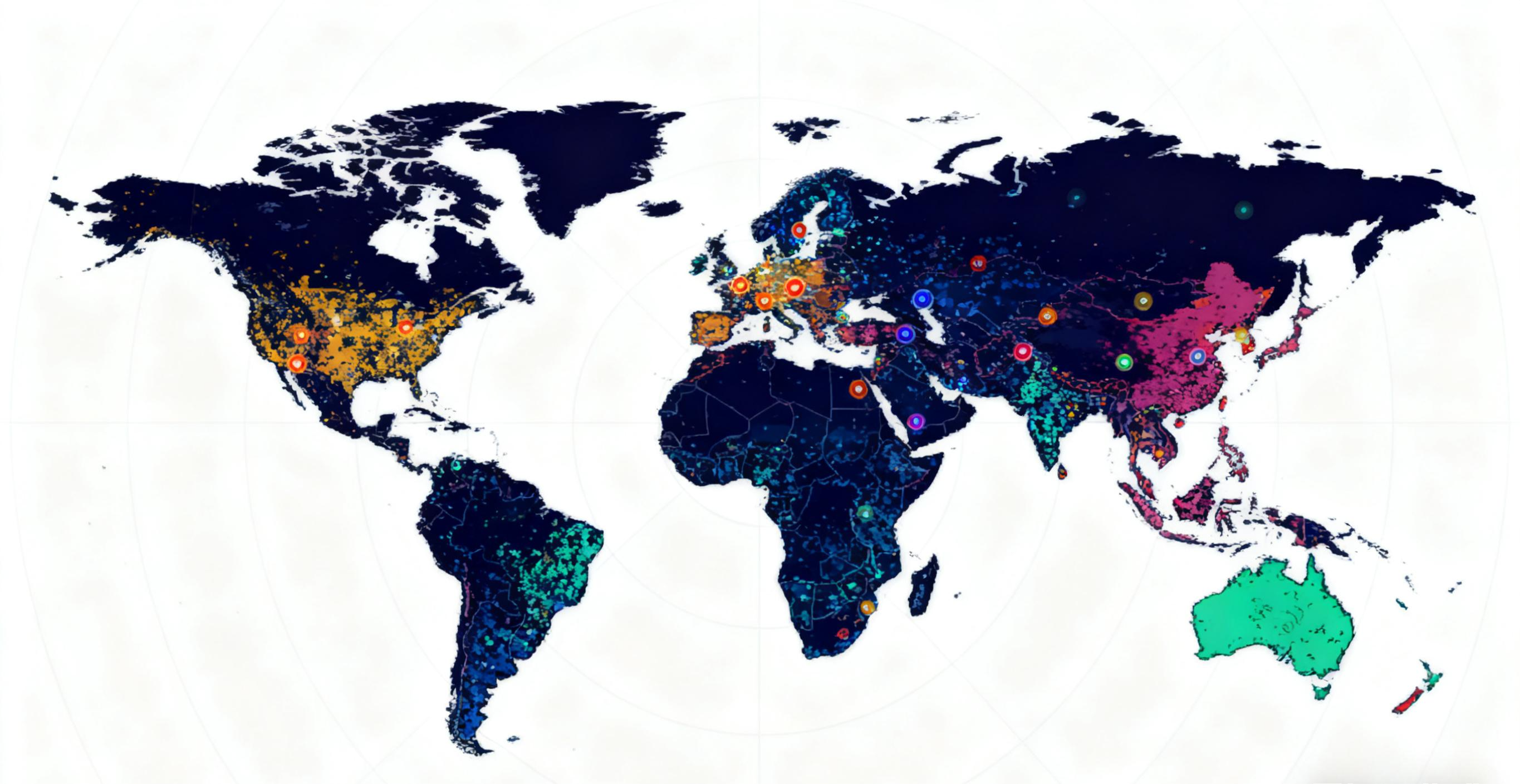
6. Bonus Factors: No ICP Filing Required, No Real-Name Verification, Business Compatibility
Beyond the 5 core metrics above, if your project targets international markets, consider these "bonus factors":
| Item | Importance | Description |
|---|---|---|
| No ICP Filing Required | ⭐⭐⭐⭐⭐ | Saves deployment time; overseas nodes don’t need ICP registration (a Chinese regulatory requirement); |
| No Real-Name Verification | ⭐⭐⭐⭐ | Protects privacy and sensitive business information; |
| No Business Type Restrictions | ⭐⭐⭐⭐ | Supports multi-scenario use cases like gaming, advertising, and Web3; |
| Free Trial | ⭐⭐⭐ | Allows verification of real-world performance and protection capabilities. |
Providers like CDN07, which offer "no ICP filing + no real-name verification + no business type restrictions,"
are especially suitable for businesses needing quick deployment, such as cross-border e-commerce, game streaming, crypto projects, and ad networks.
7. Choosing a High-Defense CDN: These 5 Metrics Prevent Mistakes
| Metric | Example Questions | Excellence Standard |
|---|---|---|
| Protection Capability | How large of an attack can you defend against? What’s your cleaning architecture? | Distributed cleaning + AI intelligent recognition + latency <10ms |
| Acceleration Performance | What’s the latency? What’s the TTFB? | Anycast routing + TTFB <100ms |
| Node Distribution | How many nodes do you have? | Covers Asia-Pacific + US/Europe + cleaning center nodes |
| Usability | Is the console hard to use? | Visual interface + APIs + Chinese customer support |
| Payment & Billing | What payment methods do you support? | Supports USDT/BTC + instant activation after payment |
👉 One Sentence to Remember:
For protection, look at "architecture"; for performance, look at "nodes"; for payment, look at "flexibility"; for support, look at "response time."
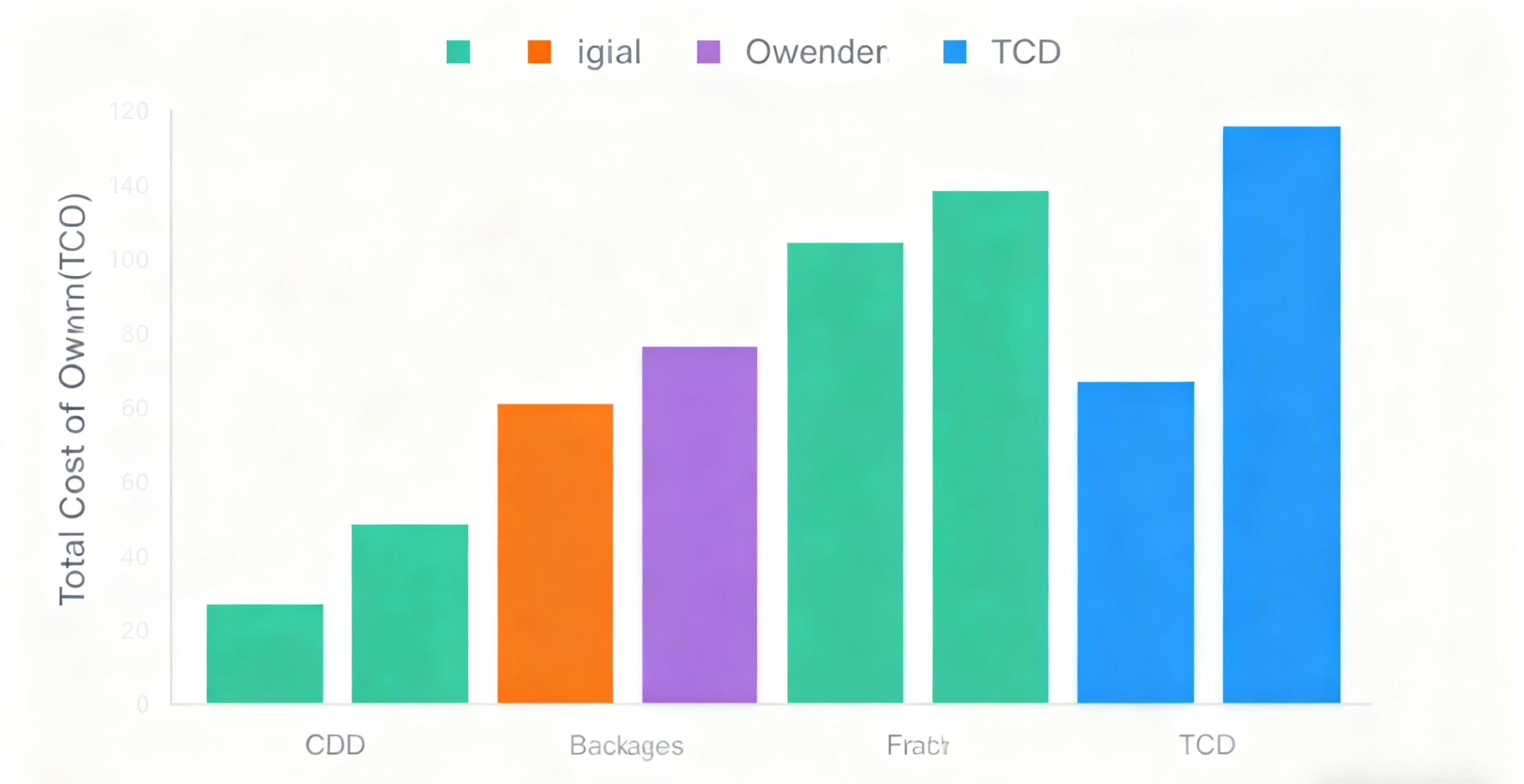
8. Selection Recommendations: Best Choices for Different User Sizes
| User Type | Recommended Solution | Reason |
|---|---|---|
| Small Websites / Blogs | Lightweight High-Defense CDN | Low bandwidth needs; cost-effective and sufficient for basic use |
| E-Commerce / Gaming / Live Streaming | Enterprise-Grade High-Defense CDN (e.g., CDN07) | Balances acceleration and protection; low latency |
| Web3 / Blockchain Projects | No Real-Name Verification + USDT-Payment CDN (CDN07) | Anonymous payments; anti-censorship |
| Advertising / TG Redirect Pages | Overseas High-Defense CDN (No ICP Filing Required) | Quick deployment; no risk of blocking |
九、
A high-defense CDN isn’t better just because it’s more expensive, nor is it a better deal just because it’s cheaper.
The truly worthwhile ones are providers that achieve balance and transparency across protection, performance, nodes, operations, and payments.
If you want to avoid the hassle of ICP filing, protect your privacy, and still get global acceleration and T-level protection,
focus on international high-defense CDNs深耕 the Asia-Pacific region, such as CDN07.
It combines:
No ICP Filing + No Real-Name Verification + USDT Payment Support + 1.5Tbps Protection Bandwidth + 15+ Asia-Pacific Nodes
Enabling businesses to deploy quickly, accelerate globally, and resist attacks stably—truly achieving "stability, speed, and cost-effectiveness."
Share this post:
Related Posts
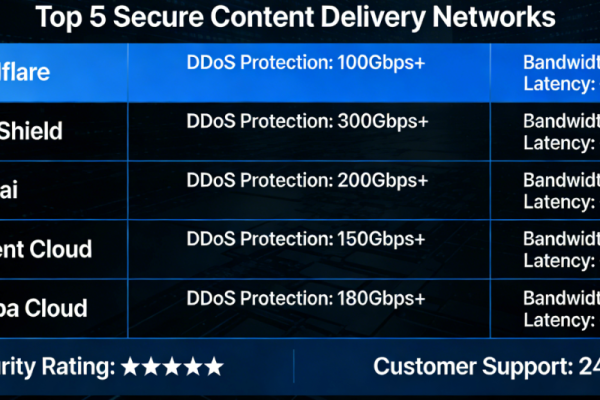
Hong Kong High-Defense CDN Recommendations (2026 Latest Edition)
Not all Hong Kong high-defense CDNs can withstand attacks. This article compares the protection stre...
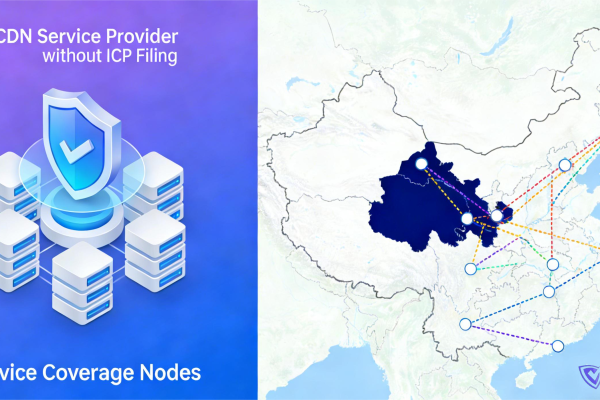
No-ICP CDN Recommendations | Which Ones Actually Speed Up Mainland China AND Can Withstand Attacks?
How to choose a no-ICP CDN? Based on real webmaster tests, this article compares multiple CDN provid...
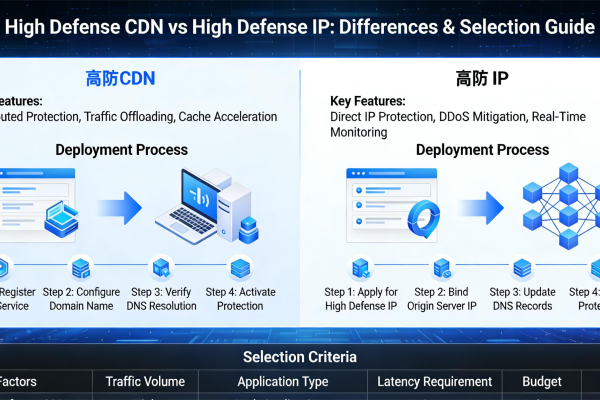
What's the Difference Between DDoS-Protected CDN and DDoS-Protected IP? A Clear Guide to Help You Choose.
What's the difference between a DDoS-protected CDN and a DDoS-protected IP? Which one should your we...
